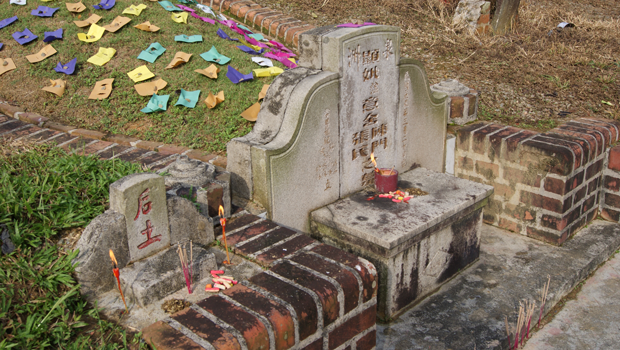How Beijing celebrates Tomb-Sweeping Day
CHINA – The centuries old Tomb-Sweeping Day or Qingming Festival falls on 4 April this year.
Beijing Civil Affairs Bureau is using the event to encourage eco-friendly burials. It’s now issued regulations that attempt to stop traditional tombs from being built.
Tomb sweeping is regarded as the most important custom in the Qingming Festival. Cleaning the tomb and paying respect to the dead person with offerings are the two important parts of remembering the deceased. The dead person’s favourite food and wine are taken to sacrifice to them, along with paper resembling money.
No more traditional tombs will be built in public cemeteries and the lease of existent ones will not to be renewed, according to the regulations issued by Beijing Civil Affairs Bureau.
Also, the use of non-decomposable construction materials, such as cement and stone, should be reduced in building tombs while degradable urns are encouraged in funerals, the regulations said.
Chinese tradition holds that the dead should be buried, but the custom has put a strain on the populous country’s land resources and pushed up the price of cemetery plots.
To deal with the problem, Beijing started promoting eco-friendly burials in the 1990s, encouraging land-saving funerals such as sea burials and tree funerals.
For example, the city offers a subsidy of 4,000 yuan ($614) for each sea burial service, covering travel expenses, insurance and meals for up to six relatives of the deceased, as well as a degradable urn.
As a result, ecological burials have gained popularity among Beijing residents in recent years: eco-friendly burials accounted for some 46 percent of all funerals last year, in which the number of sea burials increased from 307 in 2009 to around 2,000 last year.
No more traditional tombs will be built in public cemeteries and the lease of existent ones will not to be renewed, according to the regulations issued by Beijing Civil Affairs Bureau.


Leave a Comment
You must be logged in to post a comment.